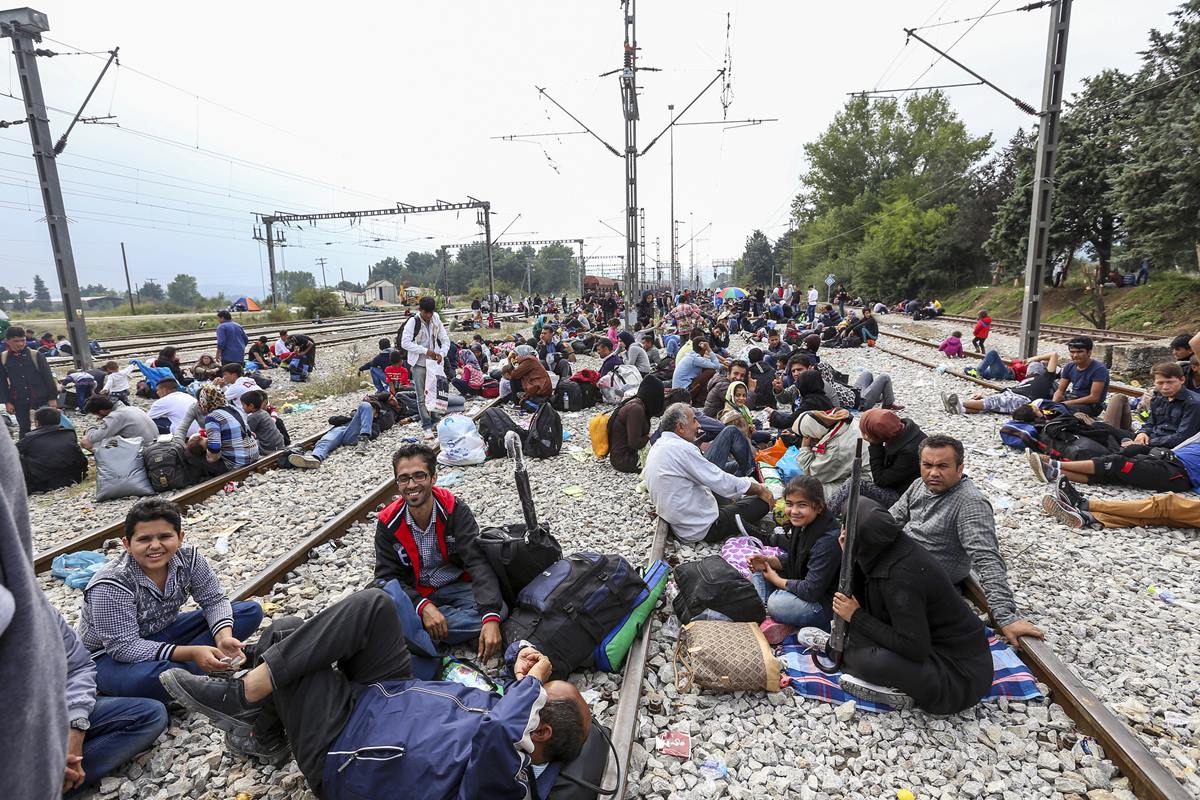PM Orbán’s adviser concerned for EU migration pact
Change language:
The EU migration pact is “full of holes”, György Bakondi, the prime minister’s domestic security adviser, said on Saturday, arguing that a big drawback from Hungary’s point of view was that illegal migrants must be distributed among the EU member states according to quotas.
Also “massive” open refugee camps would have to be built to process refugee applications within a deadline, he told public broadcaster M1, adding that many migrants would simply leave and continue their journeys.
As well as migrants who receive asylum, many submit applications that are not accepted, while others do not even try to seek asylum at all, he said. Possibly hundreds of thousands bypass the authorities and work illegally or resort to crime, he added.

United Nations data shows that almost 1 million irregular migrants come to Europe each year, he said.
The latest EU pact that three EP party families backed “is all about keeping this situation alive, with unforeseeable consequences for the future of Europe,” he said.
Also, people who gain political asylum and legally reside in a given country are aided with housing support and jobs, he added.
Bakondi insisted that most terrorists in Europe were illegal migrants who had not been expelled, so their presence on the continent “poses a serious threat” to everyday public security, he added.
Europe’s competitiveness in space relies on competence, resilience, says minister
Europe’s competitiveness in space relies on developing competences to ensure Europe’s autonomous access to Earth’s orbit and strengthening the resilience of its space infrastructure, a national economy ministry official said in a statement on Saturday. Richárd Szabados, the state secretary for the development of small and medium-sized enterprises and technology, on Friday chaired a competitiveness council meeting on space activities in Brussels, where member states adopted a report on strengthening competences in European space activities and the interim evaluation of the EU Space Programme.





